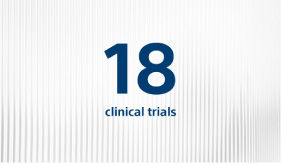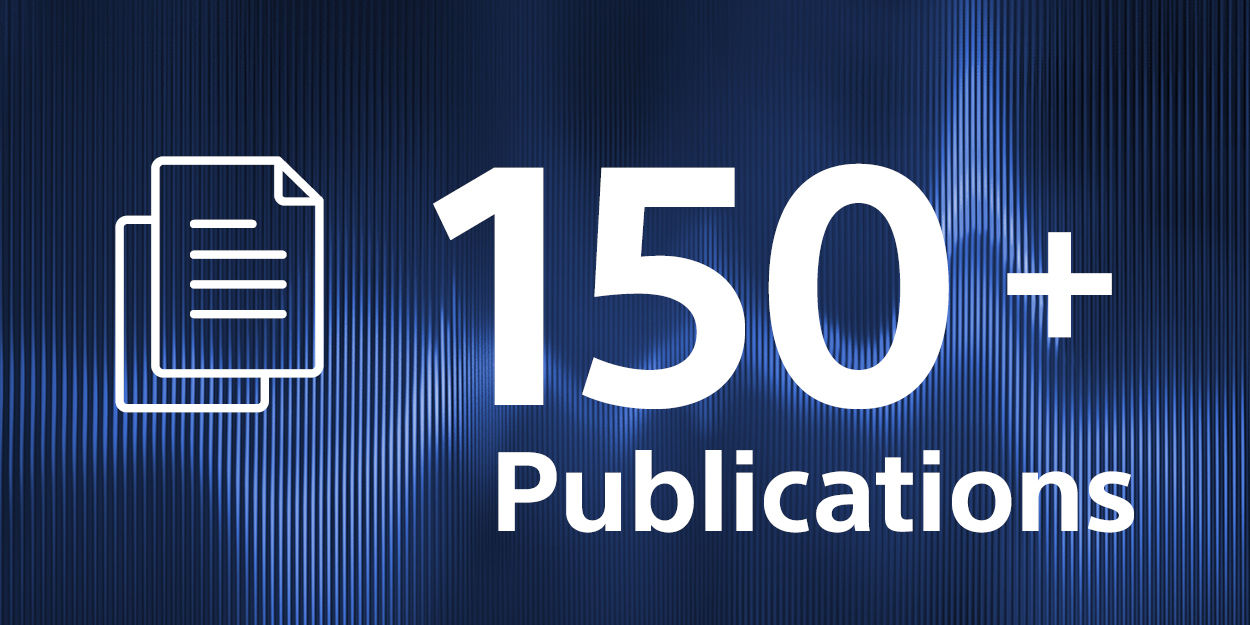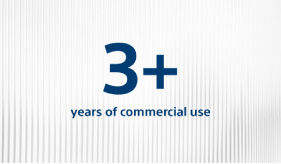FARAPULSE™
Pulsed Field Ablation System
Transformative clinical leadership in PFA
Dedicated to transforming PFA
Recurrent Atrial Arrhythmia Burden1, 2
ADVENT Pivotal Trial
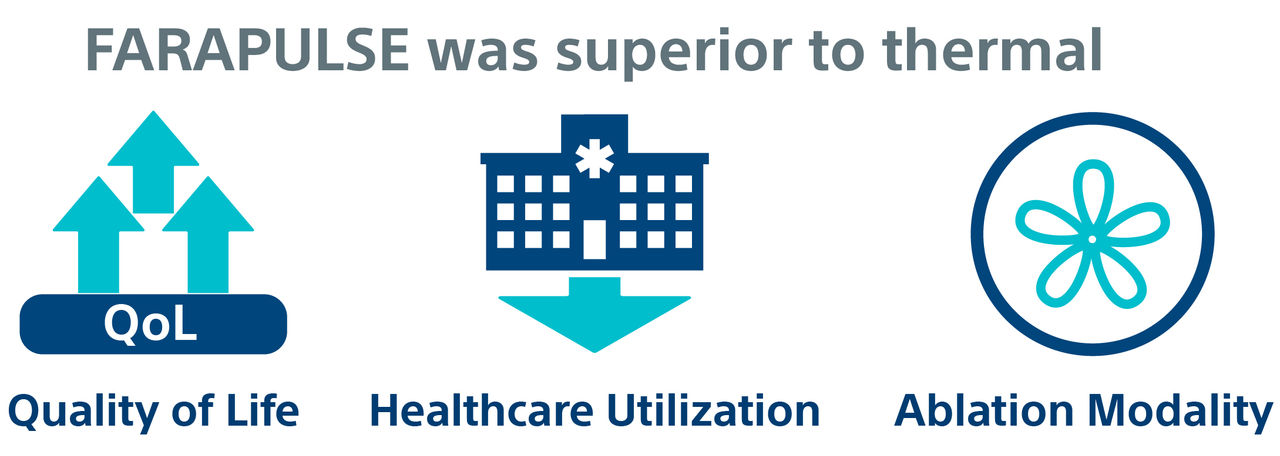
The ADVENT Pivotal Trial sub-analysis compared FARAPULSE to standard-of-care thermal ablation (RFA and CBA) for recurrent Atrial Arrhythmia (AA). Patients treated with FARAPULSE showed a significantly greater reduction in AA Burden than thermal ablation.
Key Findings:
- Significantly greater quality-of-life (QoL) improvements in patients with AA Burden <0.1% vs. ≥10%
- Significantly lower risk for redo ablation, cardioversion, and hospitalization with AA Burden <0.1% vs. ≥0.1%
- FARAPULSE patients were significantly more likely to have AA Burden <0.1% than RFA and CBA
ADVENT Pivotal Trial2
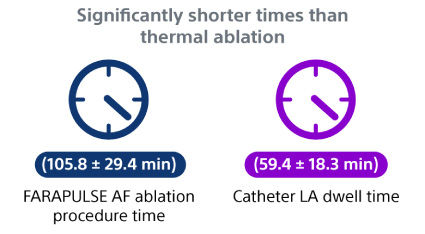
The first and only randomized clinical trial that directly compares PFA to standard-of-care thermal ablation devices (force-sensing radiofrequency (RFA) or cryoballoon ablation (CBA), for the treatment of paroxysmal atrial fibrillation (PAF)).
Key Findings:
- The FARAPULSE AF ablation procedure time and catheter left atrium (LA) dwell time were significantly shorter than thermal ablation
- Met the primary safety and efficacy non-inferiority endpoints
- Showed no instances of serious thermal complications
MANIFEST-17K Multicenter Registry3
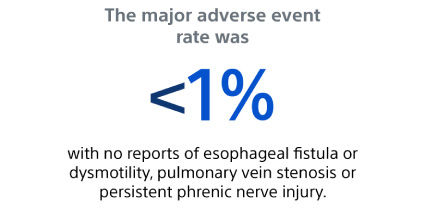
A retrospective observational study of the real-world commercial use of FARAPULSE PFA including data from 106 centers (91.4% of all commercial centers using FARAPULSE), 413 operators, and 17,642 patients.
Key Findings:
- Major adverse event rates were low (<1%)
- No reports of esophageal fistula, pulmonary vein stenosis or persistent phrenic nerve injury in the largest PFA registry to date
EU-PORIA4
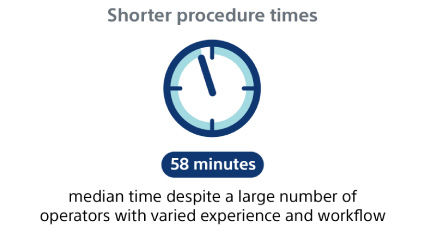
A multi-center registry studying the real-world adoption, workflow, acute and long-term outcomes after PFA in an all-comer atrial fibrillation (AF) patient population in high-volume European centers.
Key Findings:
- Demonstrated rapid adoption of the technology by new operators and prior RF and cryo users
- Operator experience and previous primary ablation modality did not have an effect on one-year recurrence rates

References:
1. Reddy V, Mansour M, Calkins H. et al., Pulsed Field vs Conventional Thermal Ablation for Paroxysmal Atrial Fibrillation: Recurrent Atrial Arrhythmia Burden. J Am Coll Cardiol. null2024, 0 (0). https://doi.org/10.1016/j.jacc.2024.05.001
2. Reddy VY, Gerstenfeld EP, Natale A, et al., Pulsed field or conventional thermal ablation for paroxysmal atrial fibrillation. New England Journal of Medicine.2023;Nov2;389(18):1660-1671. doi:10.1056/NEJMoa2307291
3. Reddy VY, Ekanem E, et al., Multi-national survey on the safety of the post-approval clinical use of pulsed field ablation in 17,000+ patients. (MANIFEST-17K). AHA 2023.
4. Schmidt B, Bordignon S, Neven K, et al., EUropean real-world outcomes with Pulsed field ablatiOn in patients with symptomatic atrial fibrillation: lessons from the multi-centre EU-PORIA registry. Europace. 2023;25(7):euad185. doi:10.1093/europace/euad185
5. Della Rocca DG, Marcon L, Magnocavallo M, et al., Pulsed electric field, cryoballoon, and radiofrequency for paroxysmal atrial fibrillation ablation: a propensity score-matched comparison, EP Europace, 2024;Jan26(1)euae016. doi.org/10.1093/europace/euae016
6. Chaumont C, Hayoun C, Savoure A, et al., Pentaspline pulsed field ablation catheter versus cryoballoon for atrial fibrillation ablation: results from a prospective comparative study. Journal of the American Heart Association. 2024;Mar12;0:e03314612 2024doi.org/10.1161/JAHA.123.033146
